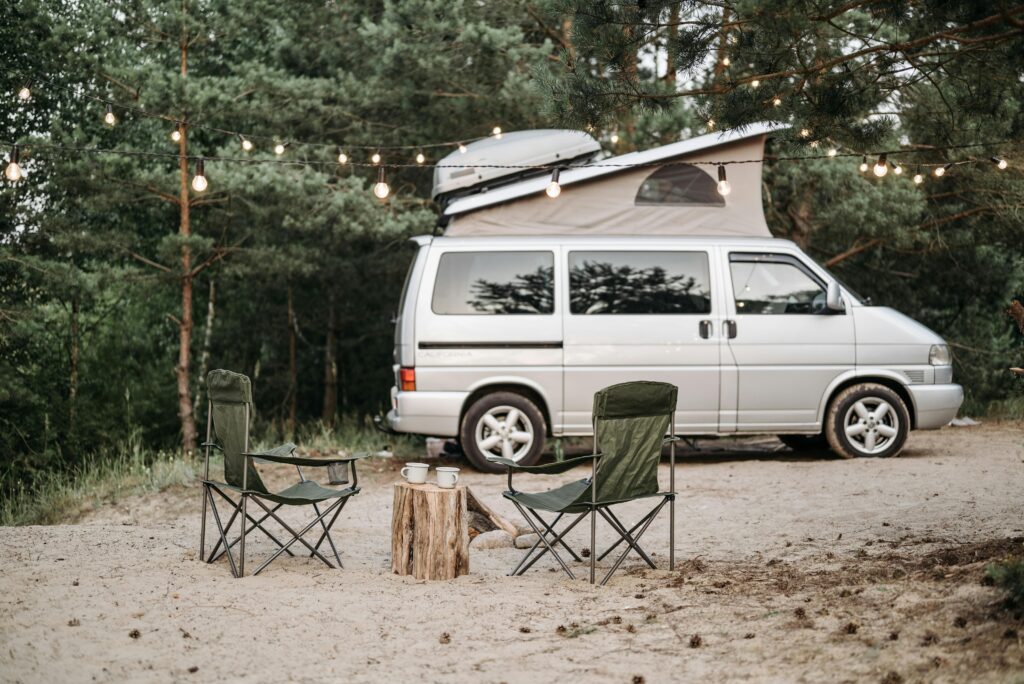We provide comprehensive solutions and support to help you reach new heights.
Renting an RV for the first time can be both exciting and overwhelming. With so many options, processes, and details to consider, it’s essential to approach the experience prepared. This guide will walk you through every step of renting an RV so you can enjoy a stress-free and memorable road trip.

How to Rent an RV: A Complete Guide for First-Timers
Why Rent an RV?
Before diving into the rental process, it’s important to understand the benefits of RV travel:
Flexibility: Travel at your own pace and explore off-the-beaten-path destinations.
Cost-Effective: Save on accommodation and dining costs by having your home and kitchen on wheels.
Adventure: Experience the great outdoors without sacrificing comfort.
Step-by-Step Guide to Renting an RV
1. Determine Your Needs
Key Questions to Ask:
How many people will be traveling?
What amenities are essential (e.g., bathroom, kitchen, sleeping arrangements)?
What type of trip are you planning (long road trip, weekend getaway, etc.)?
Popular RV Types:
Class A: Large, bus-like RVs with plenty of space.
Class B: Compact camper vans, ideal for couples or solo travelers.
Class C: Mid-sized RVs with over-cab sleeping areas.
Travel Trailers: Towable RVs that offer flexibility and affordability.
2. Choose a Rental Platform
There are several reputable platforms to rent an RV, each catering to different needs:
Outdoorsy: A peer-to-peer platform offering a variety of RV types.
RVshare: Another popular peer-to-peer marketplace with extensive options.
Cruise America: A traditional rental company with standardized fleets.
3. Understand Rental Costs
RV rental costs can vary widely depending on:
Type of RV: Larger, luxury models are more expensive.
Rental Duration: Daily, weekly, or monthly rates.
Season: Prices are higher during peak travel seasons.
Additional Costs to Consider:
Insurance coverage
Mileage fees
Generator usage
Security deposit
Cleaning fees
4. Review the Rental Agreement
Before booking, carefully read the rental agreement. Pay attention to:
Cancellation policies
Mileage and generator limits
Rules about pets, smoking, and towing
Insurance requirements
5. Plan Your Route and Campgrounds
Tips for Route Planning:
Choose RV-friendly roads and avoid routes with low bridges or tight turns.
Use apps like RV LIFE or Roadtrippers for planning.
Finding Campgrounds:
Research RV parks and campgrounds in advance.
Look for amenities like hookups for water, electricity, and sewage.
Consider boondocking (free camping) for a more adventurous experience.
6. Pick Up Your RV and Inspect It
When picking up your rental:
Conduct a thorough inspection. Check for any pre-existing damage.
Test all systems, including the generator, water pump, and appliances.
Ask the owner or rental company for a walkthrough to familiarize yourself with the RV’s features.
7. Hit the Road
Driving Tips for First-Timers:
Practice driving in an open space before hitting the highway.
Be mindful of the RV’s height, width, and weight.
Plan for slower speeds and longer stopping distances.
Essential Packing List for RV Trips
Kitchen Supplies: Pots, pans, utensils, and dish soap.
Personal Items: Clothing, toiletries, and medications.
Outdoor Gear: Camping chairs, a portable grill, and hiking equipment.
RV Essentials: Extension cords, leveling blocks, and a water hose.
Common Mistakes to Avoid
Overpacking: Limited storage space means you need to pack efficiently.
Ignoring Weight Limits: Exceeding weight limits can lead to fines or damage.
Skipping Maintenance Checks: Regularly check tire pressure, oil levels, and other key systems.
Not Booking Campgrounds Early: Popular spots fill up quickly, especially during peak seasons.
FAQs About RV Rentals
How much does it cost to rent an RV?
Costs can range from $50 to $300+ per night, depending on the RV type and location.
Do I need a special license to drive an RV?
In most cases, a standard driver’s license is sufficient. However, check local regulations for larger models.
What insurance do I need?
Most rental platforms offer insurance options, but you can also check with your auto insurance provider for coverage.
Renting an RV for the first time doesn’t have to be daunting. By following this guide and planning ahead, you’ll be ready to hit the road and create unforgettable memories. Whether you’re exploring national parks or taking a leisurely drive along the coast, RV travel offers a unique and rewarding way to experience the world.
